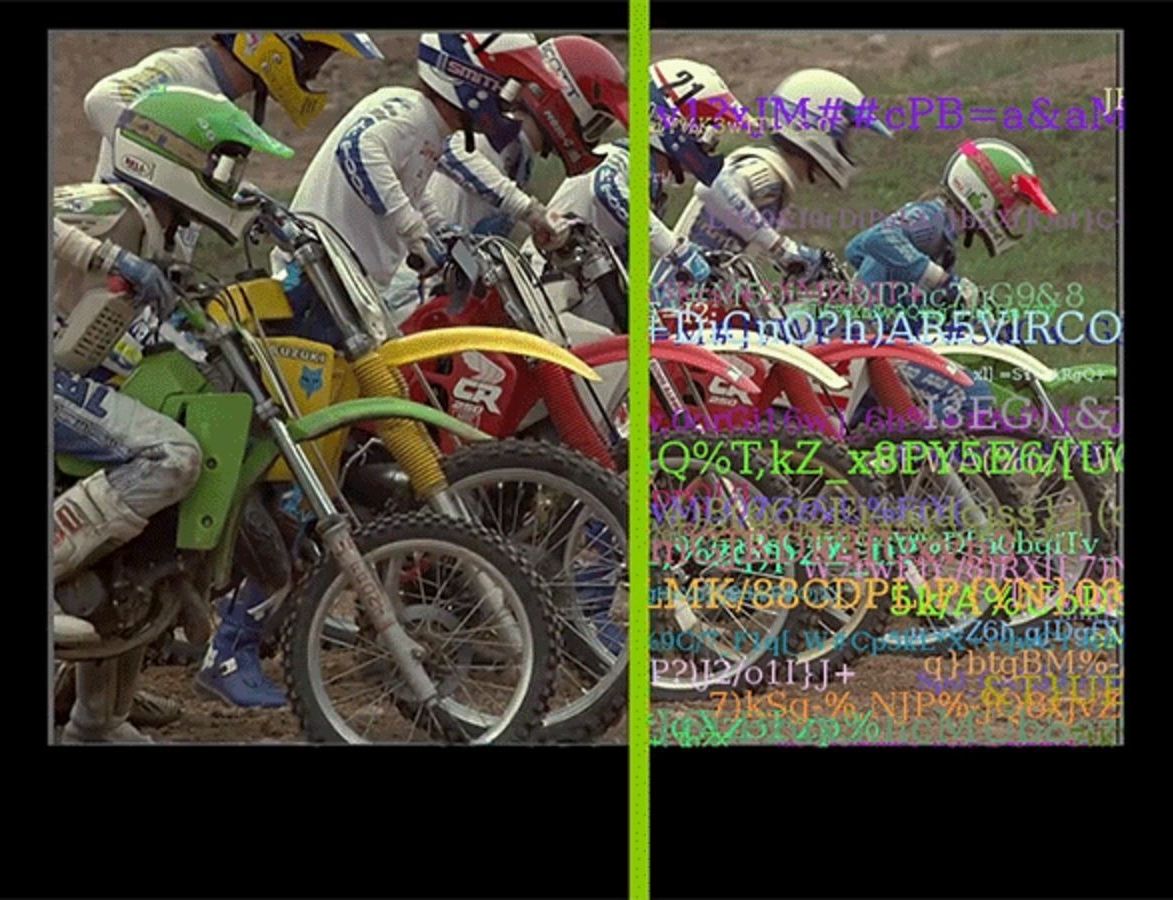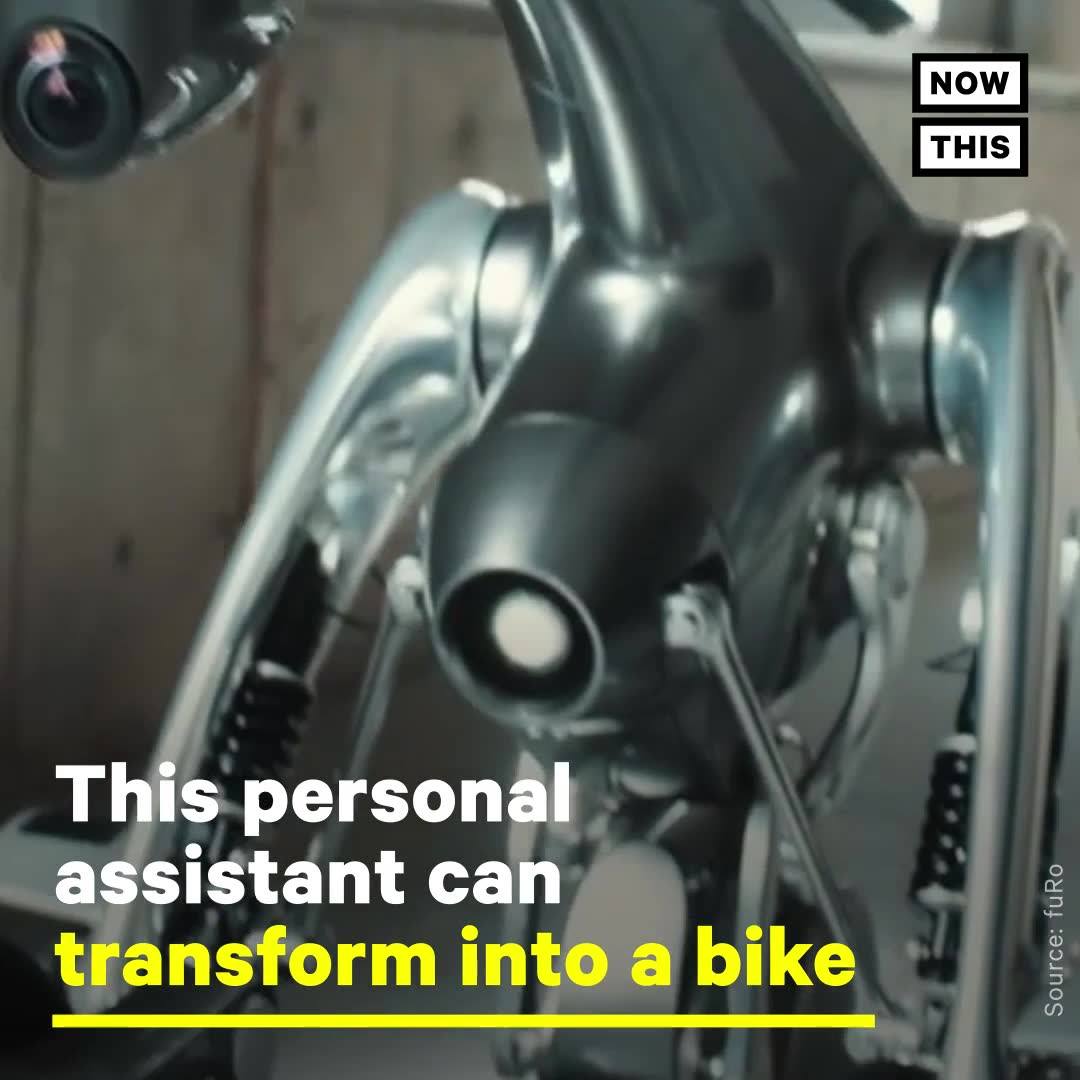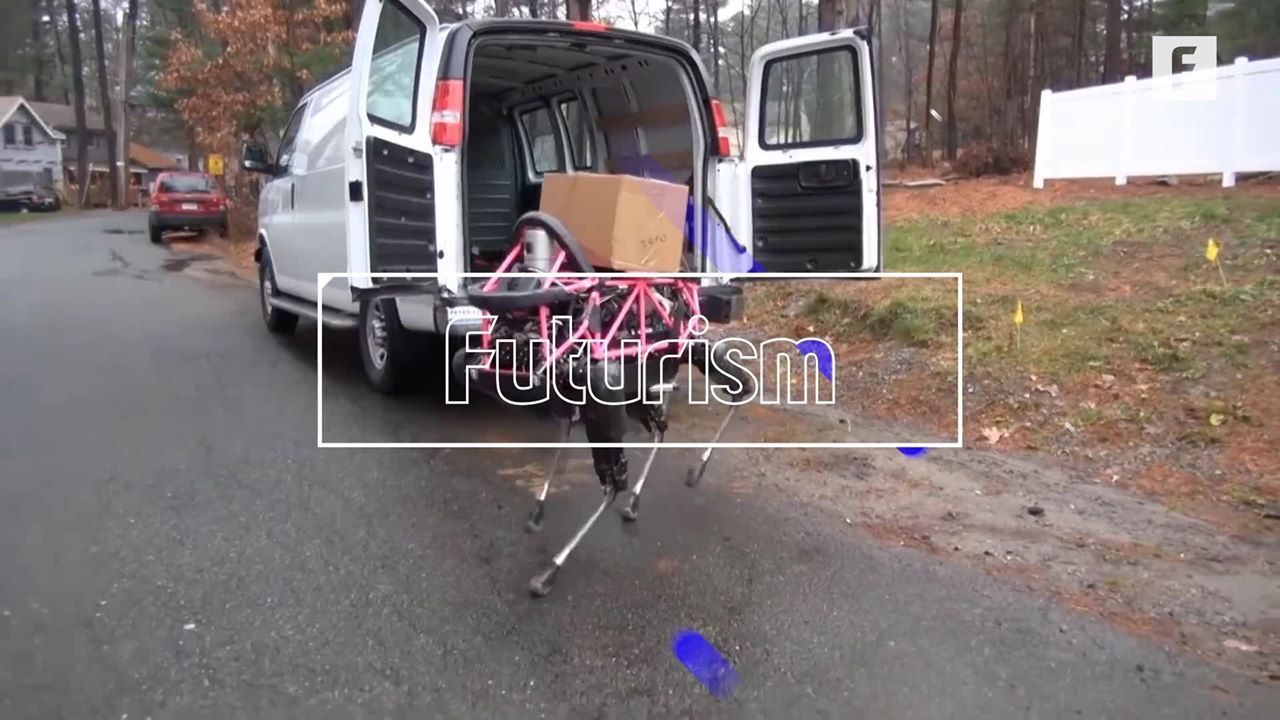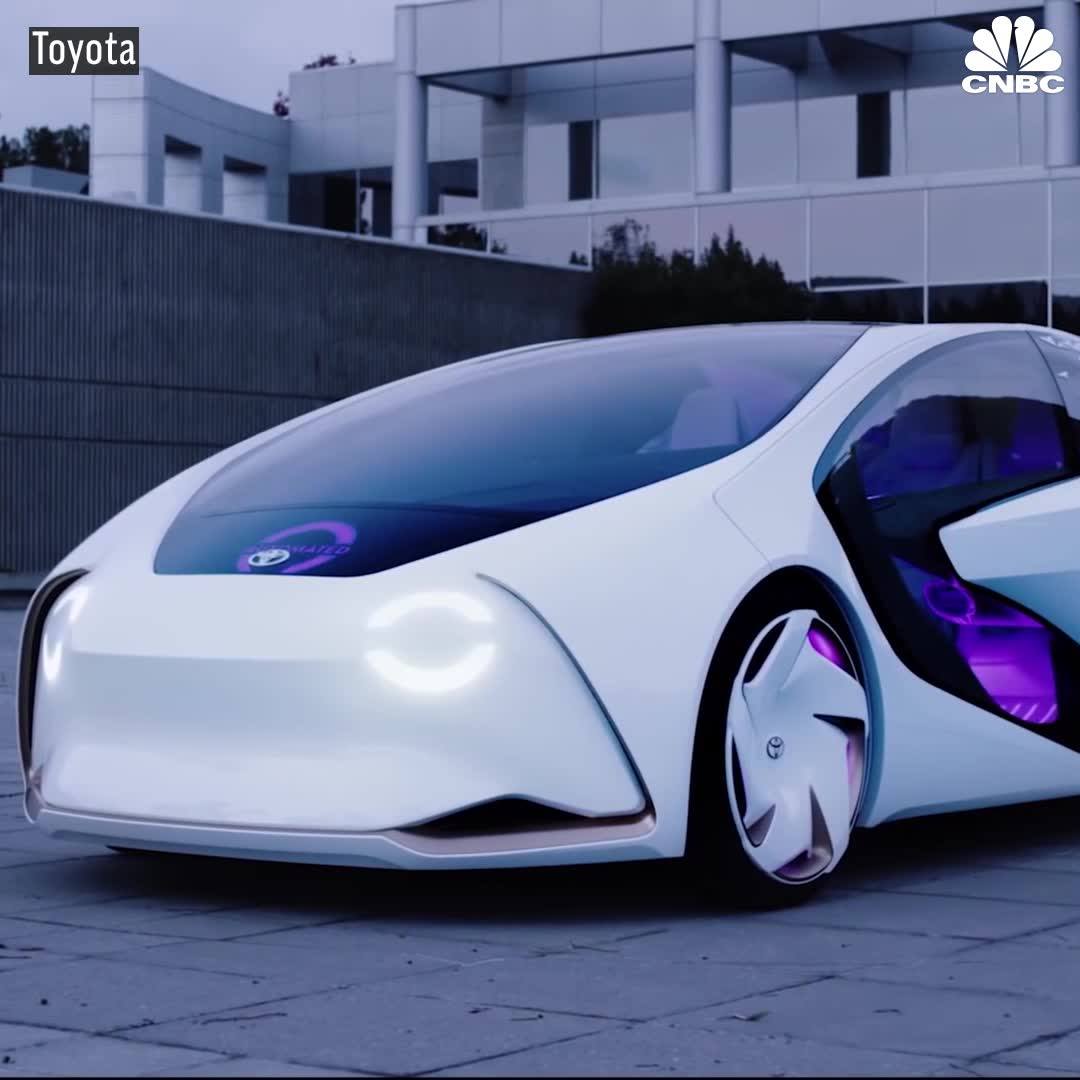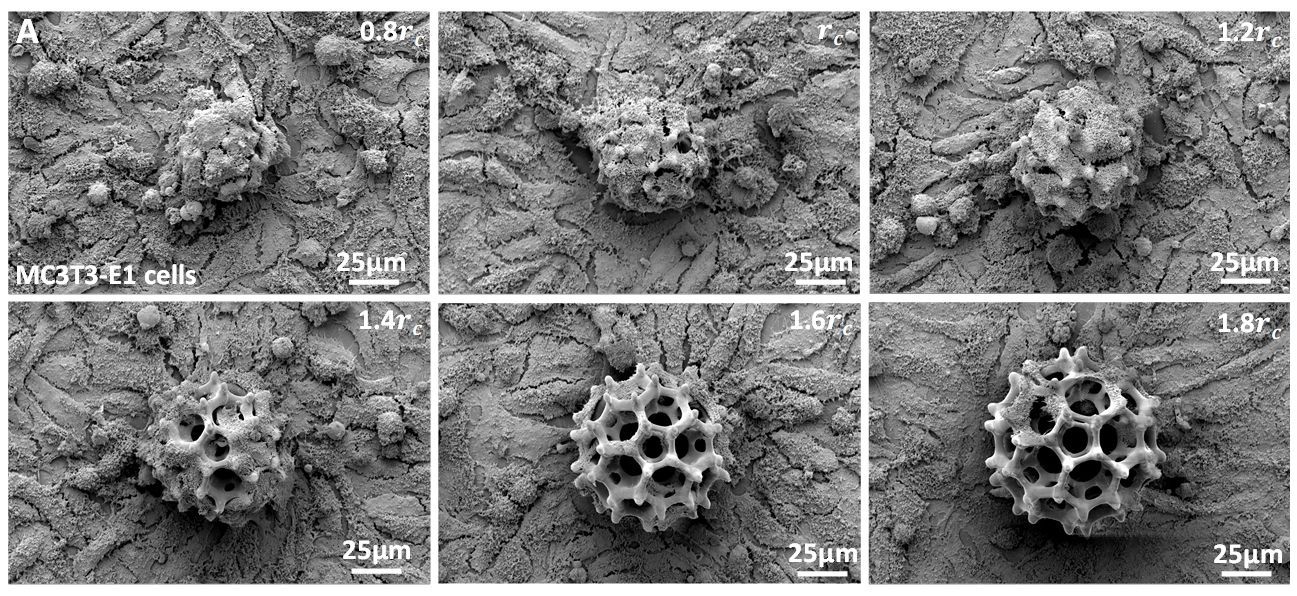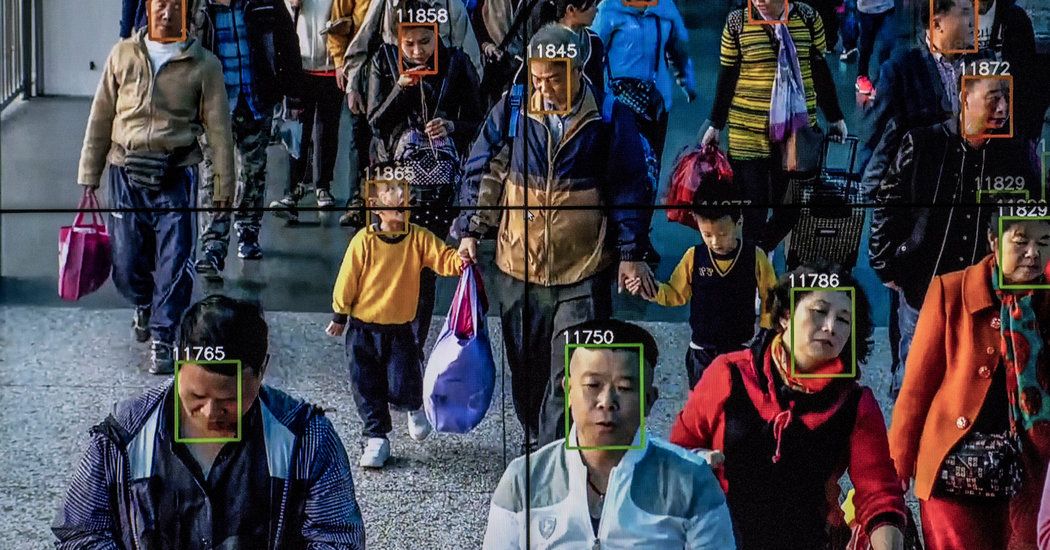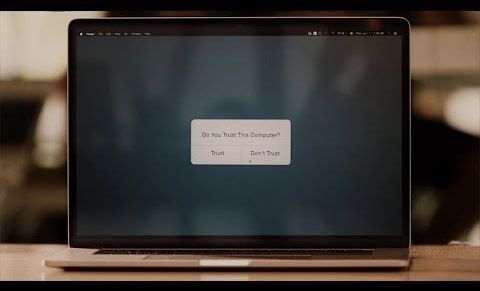Photographers already face an uphill battle in trying to preventing people from using their digital photos without permission. But Nvidia could make protecting photos online much harder with a new advancement in artificial intelligence that can automatically remove artifacts from a photograph, including text and watermarks, no matter how obtrusive they may be.
In previous advancements in automated image editing and manipulation, an AI powered by a deep learning neural network is trained on thousands of before and after example photos so that it knows what the desired output should look like. But this time, researchers at Nvidia, MIT, and Aalto University in Finland, managed to train an AI to remove noise, grain, and other visual artifacts by studying two different versions of a photo that both feature the visual defects. Fifty-thousand samples later, the AI can clean up photos better than a professional photo restorer.
